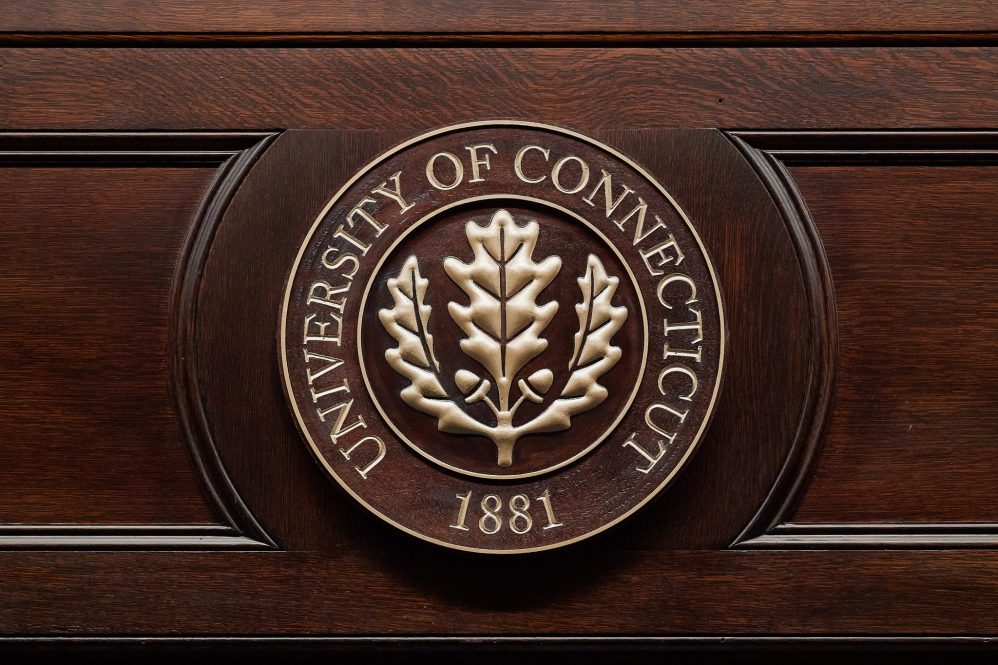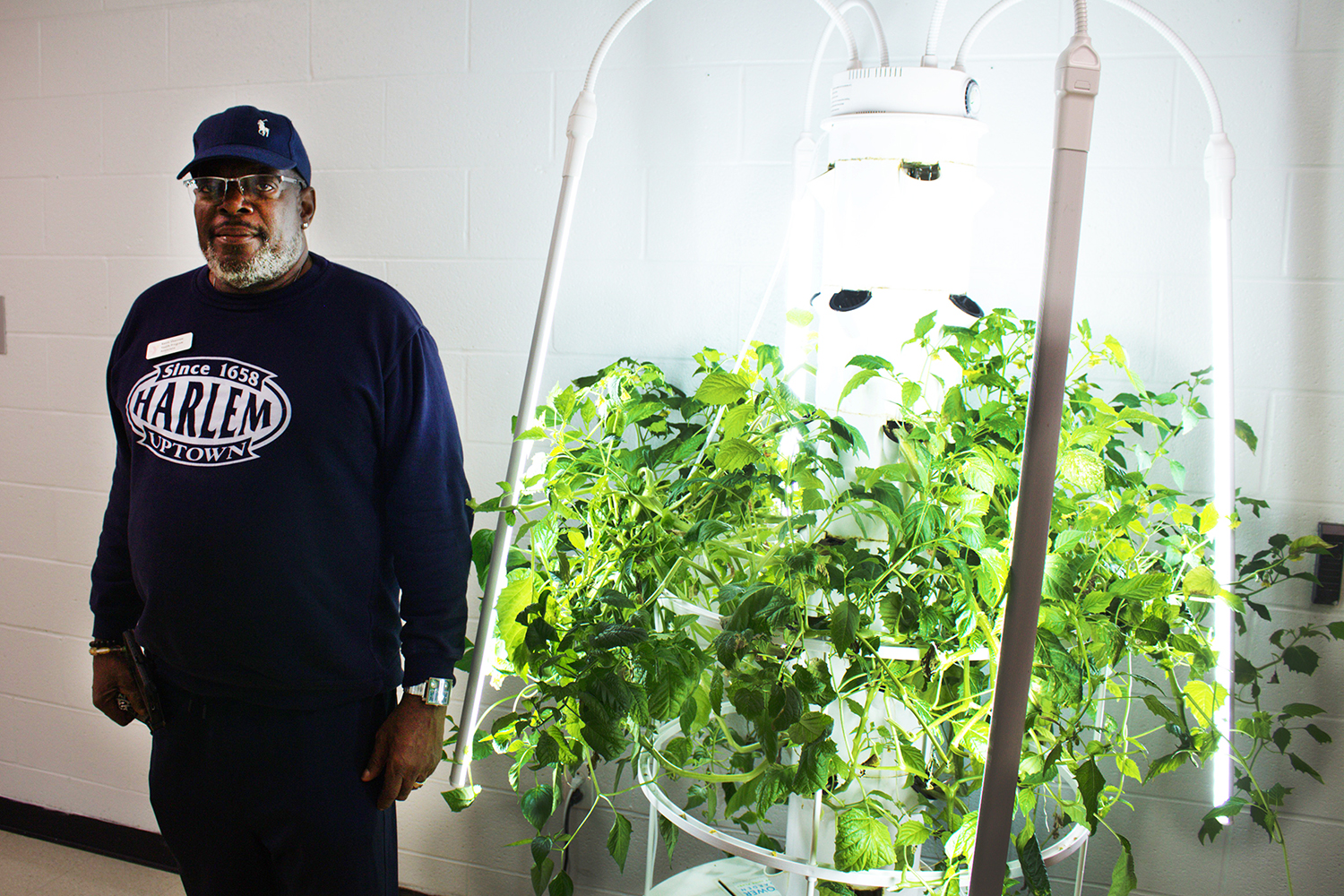The task force charged with overhauling UConn’s work to prevent sexual violence and support survivors has made notable progress in working with various University departments on implementing a wide range of recommendations, with many others also in the works.
They range from large initiatives, such as hiring more personnel, setting the stage for an externally led program-wide assessment, and enhancing employee and student training; to specific targeted changes including adding information about reporting and support services on all class syllabi, promoting use of the LiveSafe app, and researching approaches on other campuses that could be emulated at UConn, and many others.
President Radenka Maric announced the formation of the President’s Task Force on Combating Sexual Violence and Supporting Our Students in February 2022, appointing students and University officials from various areas to collaborate on the work.
The group’s report was finalized and approved in 2022 and the task force has been meeting since then to review and implement its recommendations, many of which then-Dean of Students Eleanor JB “Elly” Daugherty spelled out in a letter to students in on Nov. 9.
UConn is also harnessing the institution’s academic strength, having designated the study and prevention of sexual violence on college campuses as a research priority area and created a grant program to support work that specifically studies and poses solutions to the issue.
“We are pleased to share that the task force continues to meet and is actively reviewing each of these important goals and assessing the progress made to date,” says UConn Vice President for Student Affairs Michael Gilbert. “The work involves many University offices and departments, working collaboratively with a shared commitment to carrying out the task force’s recommendations in a timely and thoughtful manner.
“With the invaluable input from our students and campus community, the University continues to make strong progress to ensure that, as the task force envisioned, its programming is adequately resourced, culturally responsive, and informed by the experience of those most directly impacted,” he says.
To date, recommendations that have been partially or fully implemented include:
• Continually assessing the education, training, and response efforts for students and employees related to sexual and interpersonal violence; and creating a graduate assistant (GA) position to conduct that work by looking deeply at trainings such as Consent 201, the Protect Our Pack orientation session, the U Got This program, and employee trainings.
The Office of Institutional Equity (OIE) hired a GA last fall and that work is underway, including launching an updated version of the U Got This program in coming weeks. The full assessment is expected to be completed and publicly shared this spring. The Pack Leader program has also been expanded and applications are encouraged.
• Coordinating an assessment of all programs that will be led by an external organization to rigorously assess institutional policies, processes, and programs; and to share the findings in a broad and easily accessible way. The University is in the process of selecting the assessment provider this semester.
• Assessing all required trainings to determine the immediate and long-term impact. That is currently underway, with the assessment scheduled to be shared later this spring.
• Enhancing faculty and staff training that responds to the different needs and interests of the employees, including by adopting a universal training requirement and creating first-responder training. That training will be coordinated by a newly created position in the OIE, and is currently in development with the anticipation of launching in the fall semester.
• Surveying students for anonymous feedback about their experience in making a report and/or participating in a University investigation related to sexual and interpersonal violence. The survey and public disclosure of the results are occurring this semester.
• Identifying the opportunities and staffing needed to implement restorative practices to promote accountability and alternative methods for conflict resolution. Several departments have teamed up on these efforts, and the recommendations are being reviewed and implemented.
This includes the recent approval and posting of new positions added in OIE and the Dean of Students Office to focus on Title IX matters and bystander education. This will give UConn the capacity to proceed with the recommendations focusing upon expanding the education and training programs, and assessing the processes and trainings related to Title IX on campus.
• Developing a new system for organizing information to help people connect more directly with specific resources for support, medical care, and investigations.
As part of that work and in connection with other goals, UConn has made mutual “no contact” directives significantly easier and faster to obtain; and clarified language on UConn’s websites to ensure students are aware that a no-contact order can be obtained regardless of whether a conduct case is proceeding. It also has ensured that Title IX brochures are available throughout the campus in a number of languages, and also easily accessible online.
• Articulating our values and aspirations as a violence-free community, ensuring that UConn underscores its commitment to a climate that is free of sexual harassment and violence; and in which the responsibilities of faculty, staff, and students are clearly stated in prevention, education, and reporting. Various areas of UConn’s online web presence have been enhanced and updated to reflect this commitment, and the Office of the Provost has worked with faculty to share the information on course syllabi.
The task force said in its report that the University must “embrace a willingness for ongoing reflection and review of our approach” to the many issues around preventing sexual violence and supporting survivors.”
“The recommendations offered here should not in any way suggest that sexual violence at the University of Connecticut is resolved. The solutions of today are not the solutions of tomorrow,” the members say in the report.
“Sexual violence is not a phenomenon unique to the University of Connecticut,” it says. “Yet providing for the needs of our students and earning their trust is a responsibility that must be given the greatest seriousness and the necessary resources to demonstrate a continued commitment to our students and our community.”



